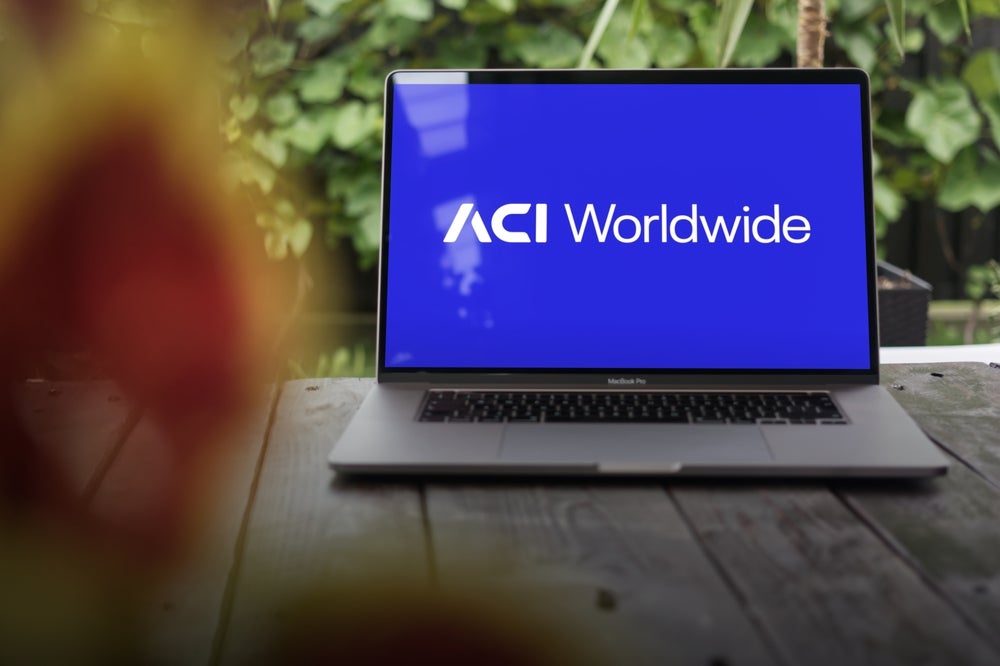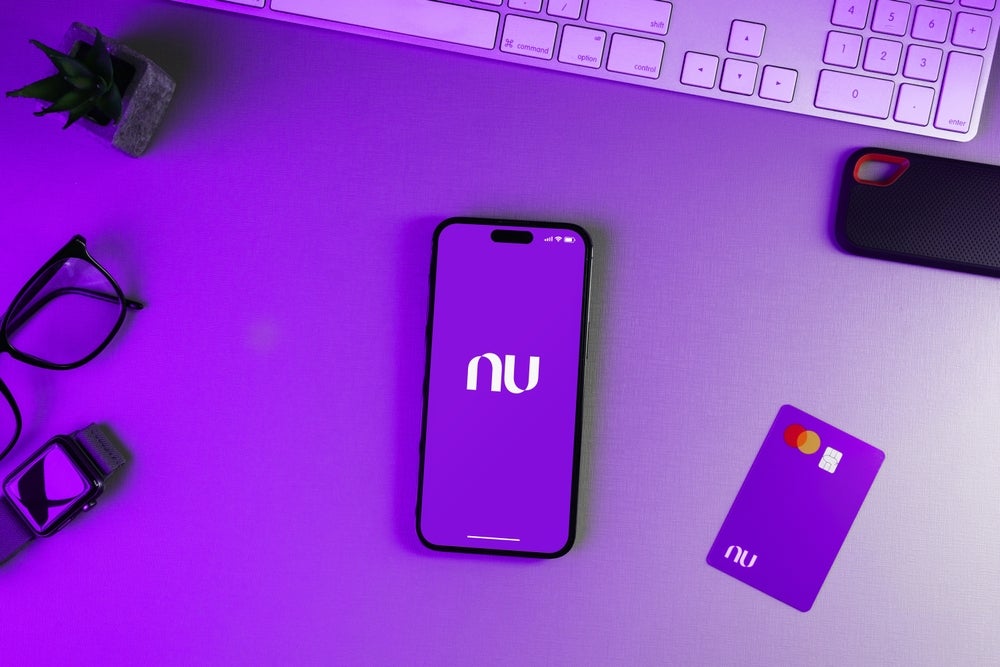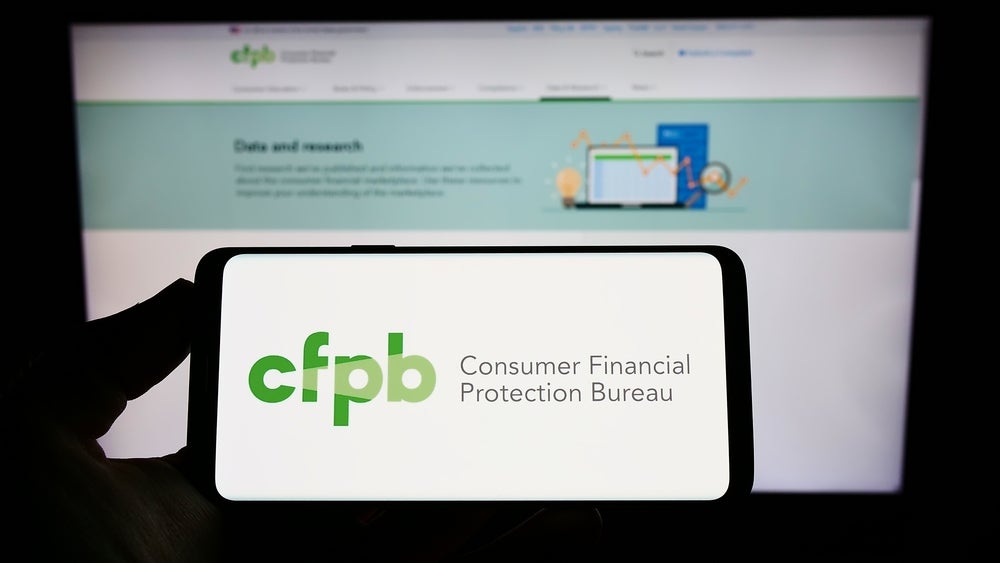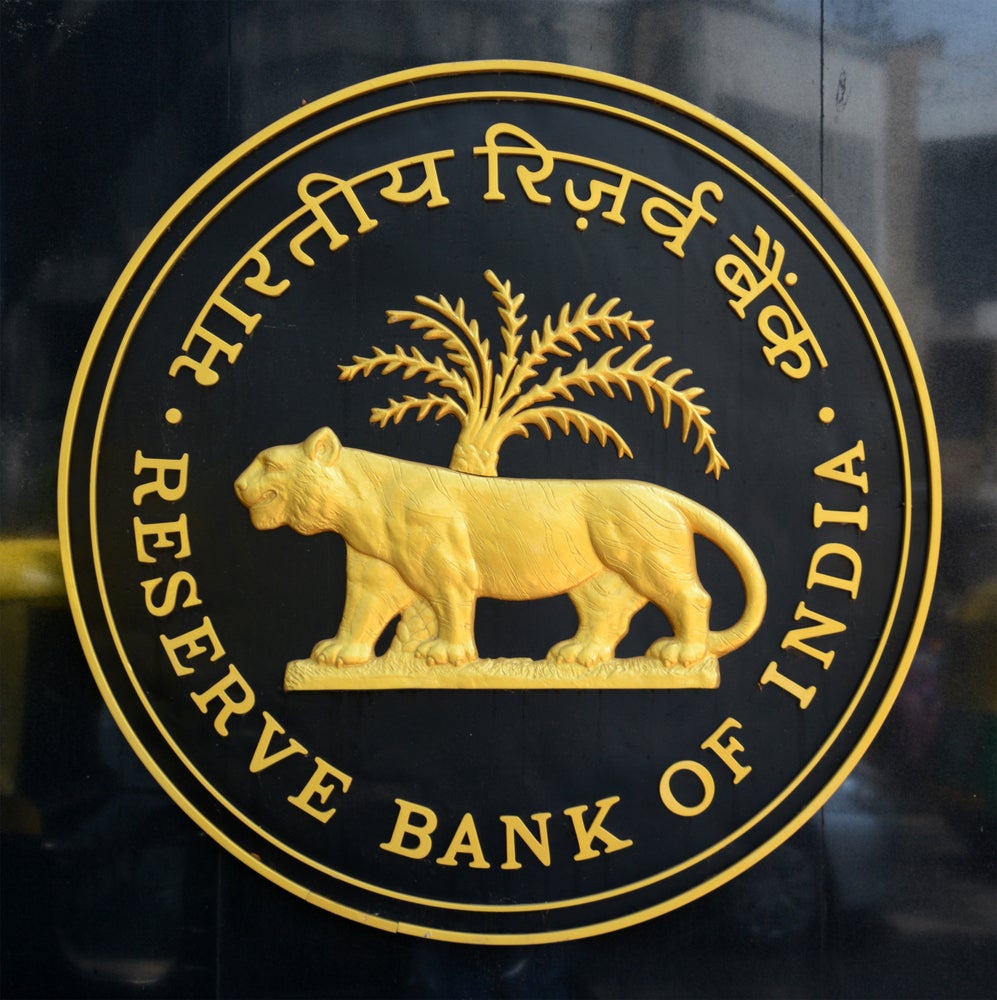trio of major card issuers – Banco Bradesco, Banco Itaú and
Unibanco – all show continuing strong growth rates for credit
cards, both in terms of card numbers, transactions and
revenues.
However, Unibanco, Brazil’s third-largest non-state bank by assets,
is not resting on its laurels and is looking to enter the equally
fast-growing Mexican card market.
Unibanco’s Brazilian credit card business is composed of Unicard,
Hipecard and Redecard. Unibanco’s credit card loan portfolio grew
by 6.8 percent in the second quarter, amounting to BRL7.4 billion
($4.54 billion) in June 2008. Over the year, credit portfolio
growth was 35.9 percent.
The combined billings of Unicard and Hipecard, measured by the
total of cardholders’ charges and cash withdrawals, reached BRL15
billion in the first half of 2008, representing growth of 31.8
percent compared to the year-ago period. Unibanco’s total number of
cards, including private-label and co-branded cards issued in
conjunction with Brazilian retailers, amounted to 34.9 million as
of June 2008, compared to 31.6 million in June 2007.
 According to
According to
Unibanco, it expects Brazilian credit portfolio loan growth to be
around 25 percent going forward, due to tougher general economic
conditions across Latin America, leading to higher inflation and
interest rates that will dampen portfolio growth. Unibanco says it
expects Brazilian GDP growth to slow from 4.8 percent in 2008 to 3
percent in 2009.
Unibanco is now setting its sights on Mexico in order to capture a
slice of that country’s rapidly growing appetite for credit cards.
Two months ago, Unibanco opened an office in Mexico City to conduct
preliminary market research and to check whether the bank’s
business models in marketing, client acquisition and credit
granting can work there.
How well do you really know your competitors?
Access the most comprehensive Company Profiles on the market, powered by GlobalData. Save hours of research. Gain competitive edge.

Thank you!
Your download email will arrive shortly
Not ready to buy yet? Download a free sample
We are confident about the unique quality of our Company Profiles. However, we want you to make the most beneficial decision for your business, so we offer a free sample that you can download by submitting the below form
By GlobalDataGiven the similarities between the Brazilian and Mexican markets,
initial signs look promising. According to data from Mexico’s
central bank, credit card purchases in the country in the first
quarter of 2008 amounted to MXN90.6 billion ($8.9 billion), 12
percent higher than the same period in 2007, and double the MXN46
billion recorded in 2005.
But Unibanco faces stiff competition in Mexico in the shape of
Citi’s Mexican subsidiary Banamex, BBVA Bancomer and Banorte, all
of which have been established in the market for a considerable
number of years. Banamex dominates the retailer card market in
Mexico and in early 2007 it launched an affinity card there in
association with Inditex group, Zara, Massimo Dutti and other
retailers.
Other major Mexican retailers such as Coppel and Elektra both issue
payment cards through their own captive banking businesses, while
another retailer, Chedraui, launched its Banco Fácil banking
operation in early 2007.
Over a third of Mexican retail groups operate a loyalty card
without payment functions, so it is possible that Unibanco could
seek to acquire a retail card portfolio in the coming months.
Unibanco has had success in replicating its business model in other
markets, most notably Paraguay, where it captured 50 percent of the
market following its entry in 1995 after the acquisition of
Brazil’s Banco Nacional and its Paraguay subsidiary Interbanco.
That acquisition gained 1.4 million credit cardholders.
When it comes to retailer cards, Unibanco was bolstered further by
its acquisition of Hipecard in 2004. Hipecard is the exclusive
private label credit card of Wal-Mart’s stores in Brazil, and has
given Unibanco a leading edge in delivering retailer cards in
Brazil and elsewhere. Wal-Mart is also the largest retailer in
Mexico, followed by Organizacion Soriana.







